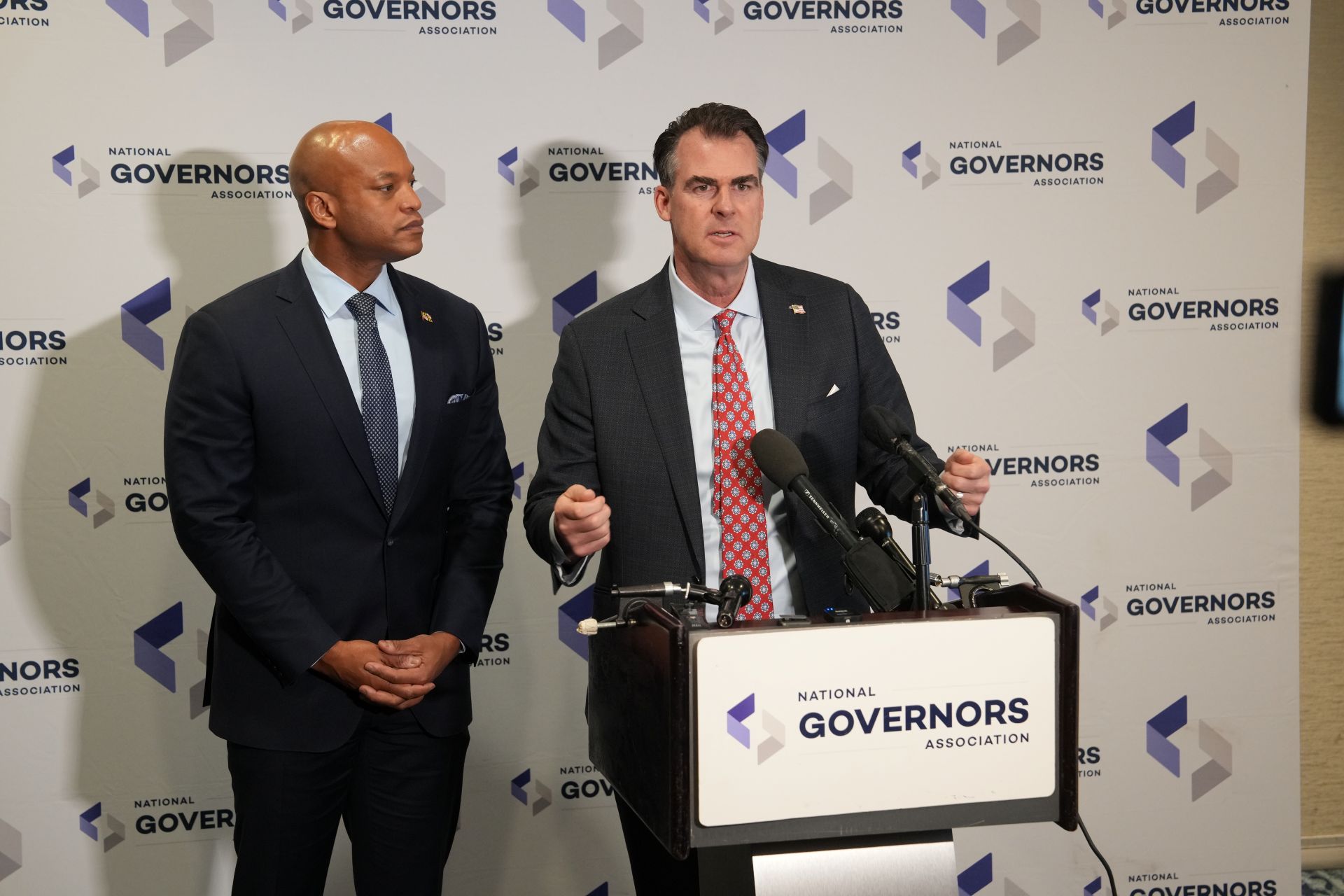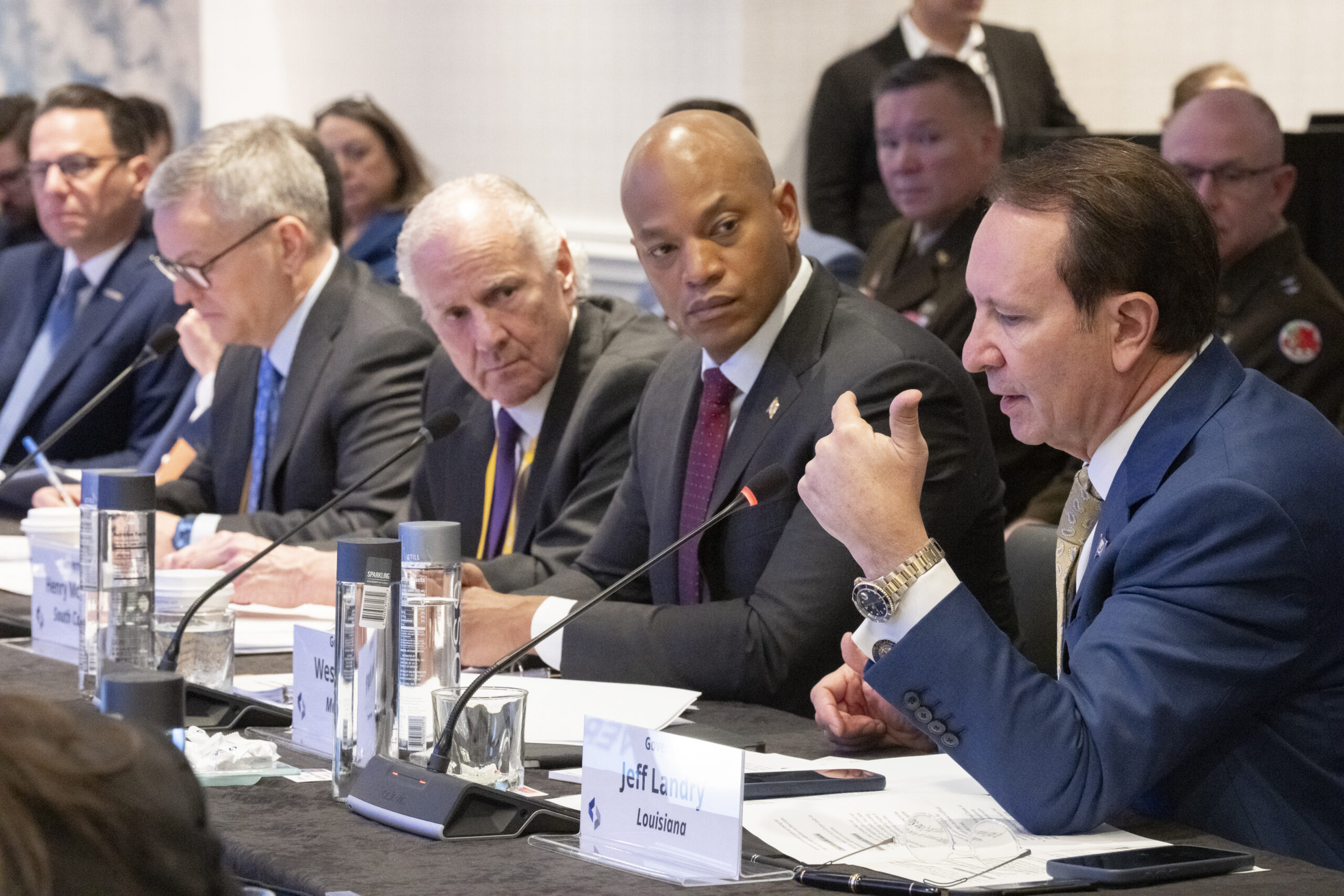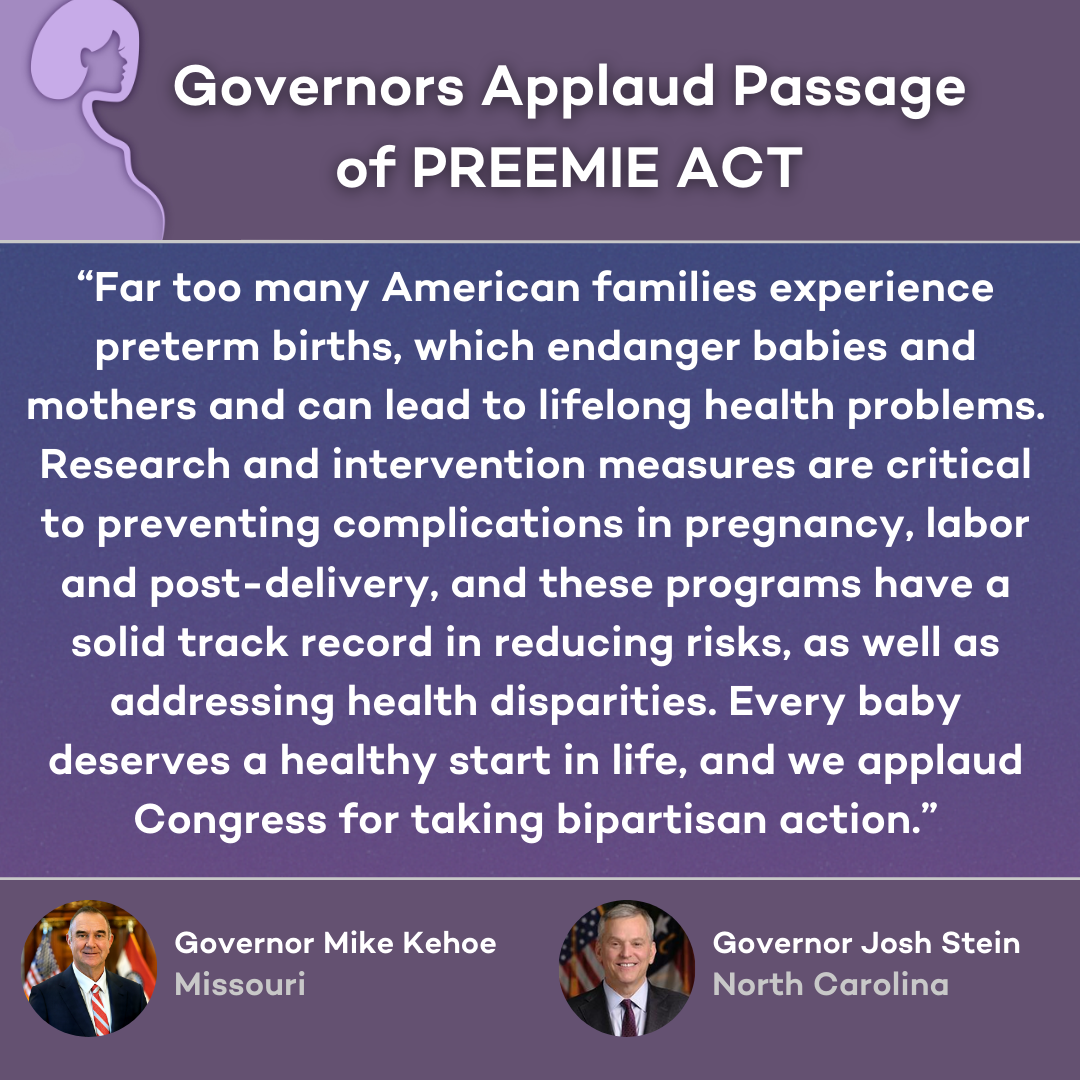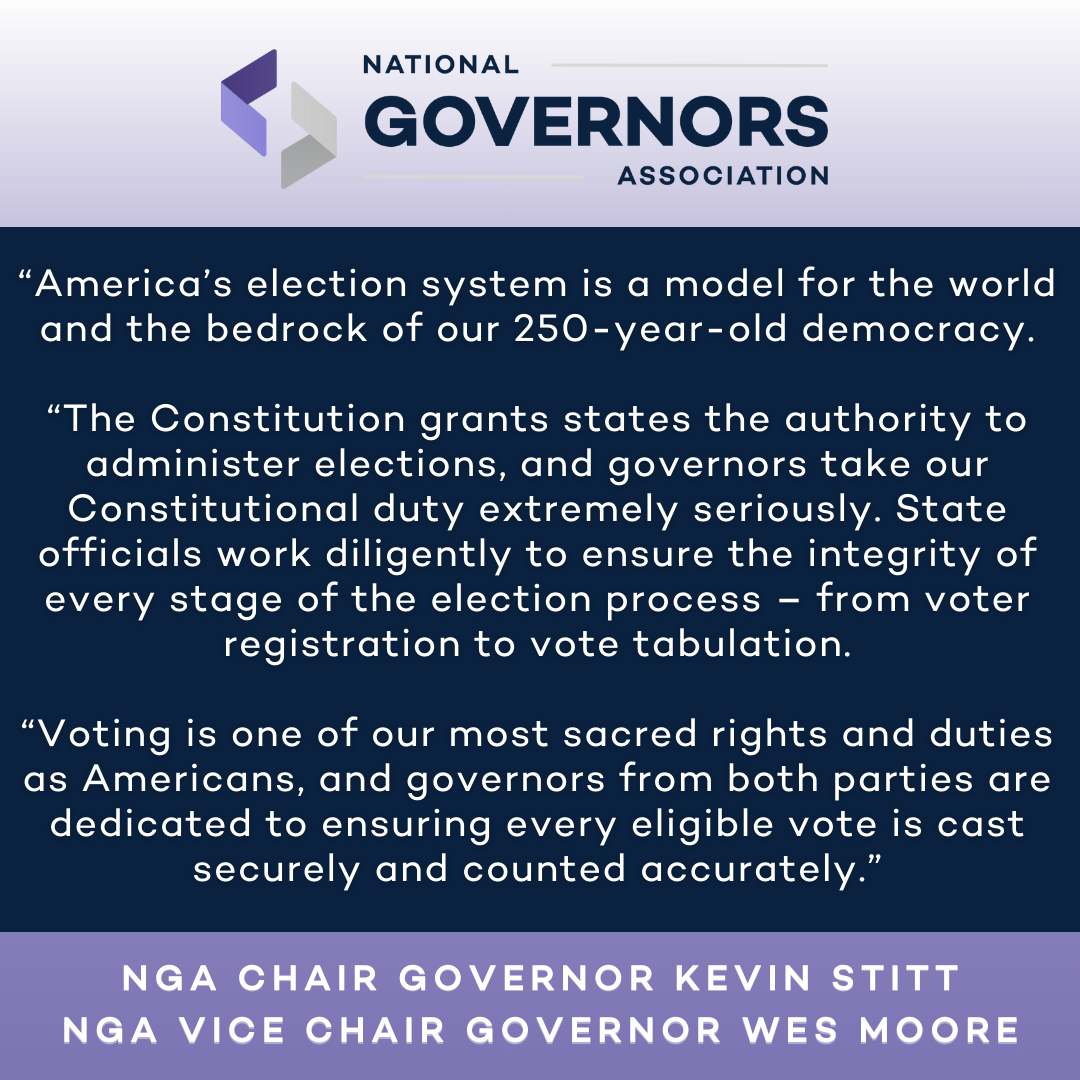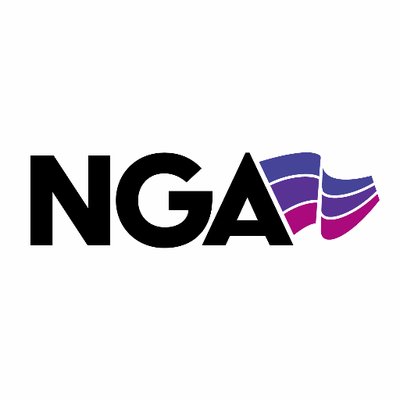Chairman Jeffords, Senator Smith, and members of the Senate Environment and Public Works Committee – it is my great pleasure to be with you today to offer my testimony as you begin to debate the reauthorization of the Transportation Equity Act for the 21st Century (TEA-21). I am especially pleased to be one of the lead governors on transportation for the National Governors Association (NGA). I also appreciate the chance to follow United States Secretary of Transportation Norm Mineta. As you are aware, I was a member of the U.S. House of Representatives Transportation and Infrastructure Committee when Secretary Mineta was chair. I can assure you that there is no better person to guide our nation’s transportation policy. I also wish to commend West Virginia’s United States Senators and your colleagues, Senators Byrd and Rockefeller. Having two senators of their caliber makes my job as governor much easier.
When I was a member of the U.S. House of Representatives, I was always a supporter of TEA-21 – because I firmly believed that investing in our nation’s transportation infrastructure was a key ingredient to economic prosperity. After a year in office as the governor of West Virginia, I am even more convinced that TEA-21 is essential to the future of my state and this nation. West Virginia is a wonderful state, but we have unique transportation challenges because of our beautiful, yet rugged terrain. One of my most important jobs is to continue to improve our road system so that we can take full advantage of the opportunities presented by having a modern transportation system. West Virginia has committed itself to doing that by maximizing our state gas tax to leverage as much local investment as possible.
The state-federal partnership fostered under TEA-21 has been one that has greatly benefited the surface transportation system throughout the nation as a whole. The governors are committed to maintaining a safe and efficient transportation infrastructure, and we urge the reauthorization of TEA-21. To meet that goal, a number of important issues must be addressed and considered.
As this body debates the reauthorization of TEA-21, care should be taken to fortify and protect the Highway Trust Fund. This fund is the major financial mechanism that redistributes dedicated highway related revenue – such as fuel taxes and user fees to the states for maintaining and improving the nation’s transportation infrastructure. It is critically important that Congress and the Administration take measures to ensure that the annual revenues to the Highway Trust Fund are used for their intended purpose. This has been achieved during TEA-21 through the workings of the Revenue and Aligned Budget Authority (RABA) Program. While this concept is commendable, we now see that it is not working as efficiently as it could. This program will provide a total of $4.1 billion more for infrastructure investment than was anticipated when TEA-21 was first enacted; however, that figure represents the net effect of the very substantial increases the states enjoyed in fiscal years 2000, 2001, and 2002. Between 2002 and 2003, the states may see their apportionments of obligation authority from the Trust Fund drop by about 30 percent. This translates into a $9.1 billion drop in federal highway funding from the fiscal year 2002 level. These figures are projected by the U.S. Department of Transportation based upon new projections of the Revenue Aligned Budget Authority (RABA). The potential magnitude of a $9.1 billion funding decrease has the result of nearly 144,000 jobs being lost over the next two years.
The longer term impact on the highway program could extend for a number of years for two reasons. First, the sharp reduction will affect the ability of states to use bond financing for construction. Secondly, the fiscal year 2003 funding numbers would serve as a baseline for the calculations of the next reauthorization legislation. These extreme peaks and valleys make it impossible to conduct a consistent, well-planned investment program. Going into 2003, commitments to several road projects around the country will have to be revisited, and contractors will be without work. Since the redistribution of RABA funds have been based largely on revenue estimates from year to year, I encourage the committee to pursue changes that ensure that all Trust Fund revenues continue to be distributed to the states but in a fashion that smoothes out the extreme peaks and valleys we will experience during the TEA-21 period. States are in the process of researching solutions to achieve a more stable and reliable distribution mechanism in light of new negative RABA projections. We would like to work with you and your committee to ensure a rapid and bipartisan action.
Our states are responsible for the vast majority of the maintenance of our nation’s roads and finance more than one-half of all public investments in surface transportation. My fellow governors are committed to maintaining a first-class transportation system and continuing the partnership with the federal government developed through TEA-21 – but in order to do that, it is important that each state be granted the flexibility and authority to make the key decisions that affect transportation.
The public transportation system is largely the responsibility of states and local governments. It is important that the next authorization should not weaken or preempt state authority. The governors oppose unfunded mandates and urge Congress not to impose new standards without a federal financial commitment to the states to offset any financial impact. Furthermore, the governors urge the use of incentives rather than sanctions to encourage the achievement of national goals.
The nation’s governors strongly support sound environmental protection efforts. It is important that TEA-21 has a strong environmental component; however, it is important that states have the necessary flexibility to meet those environmental guidelines. Reasonable and sound environmental policy can be achieved without sacrificing improved transportation and economic development. One area of frustration for West Virginia that resulted in numerous major delays in important projects has been Section 4(f) of the Department of Transportation Act of 1966. This section was originally intended to protect certain highly valued recreational and natural resources from significant impacts, which is certainly something I agree with. However, over time the Section 4(f) requirements have been extended to cover historic properties which are also protected under Section 106 of the National Historic Preservation Act. A complicated and rigid “avoid at all costs” mentality has developed regardless of how insignificant the historical resource or impact. Eligibility has broadened to include many properties that are in fact unremarkable. This “broadening” at times includes very large districts surrounding the property. As you debate reauthorization of TEA-21, I think this is an area that also needs some consideration. This provision has led to many delays to vitally important projects and has hindered the process of making transportation more accessible and safe.
The safety of our citizens on the nation’s roads is a major concern for the governors. While modern transportation systems have greatly helped reduce injuries and deaths on our nation’s highways, safety programs should be strengthened. States should be allowed to focus safety resources on their most pressing individual safety needs. Implementing any new national safety standards without state involvement will only complicate the process.
TEA-21 can be further strengthened through streamlining and eliminating administrative processes that are duplicative. The recent Notices of Proposed Rulemaking (NPRM) released by the Federal Highway Administration (FHWA) and the Federal Transit Administration (FTA) concerning streamlining regulations will complicate TEA-21 rather than simplify it. I urge you to carefully consider any new administrative guidelines that will only hinder the process. It is a waste of time and resources to delay projects for unnecessary and burdensome administrative processes.
In conclusion, I hope my statements today offer some insight into the policy positions of the nation’s governors. It is very important for all the states that TEA-21 is reauthorized and the advice of the nation’s governors is heeded in the process.
On behalf of the citizens of West Virginia, I urge you to take all that I have said into consideration as this process continues. I believe for West Virginia to prosper, we must have a modern transportation system. Many sound policies were put into place in TEA-21. One of them was the commitment of direct contract authority from the Trust Fund toward the completion of the long-promised Appalachian Highway System. The completion of this system was promised 37 years ago to the people of Appalachia. While the interstate system is now 100 percent complete, only 82 percent of the Appalachian System is complete. These incomplete portions represent some of the most dangerous segments of roads in the country. Only through a predictable stream of direct contract authority from the Trust Fund can the Appalachian states be able to make meaningful progress on transportation.
Once again, thank you for the opportunity to be with you today on behalf of the National Governors Association and the people of West Virginia. I would be happy to answer any questions.



